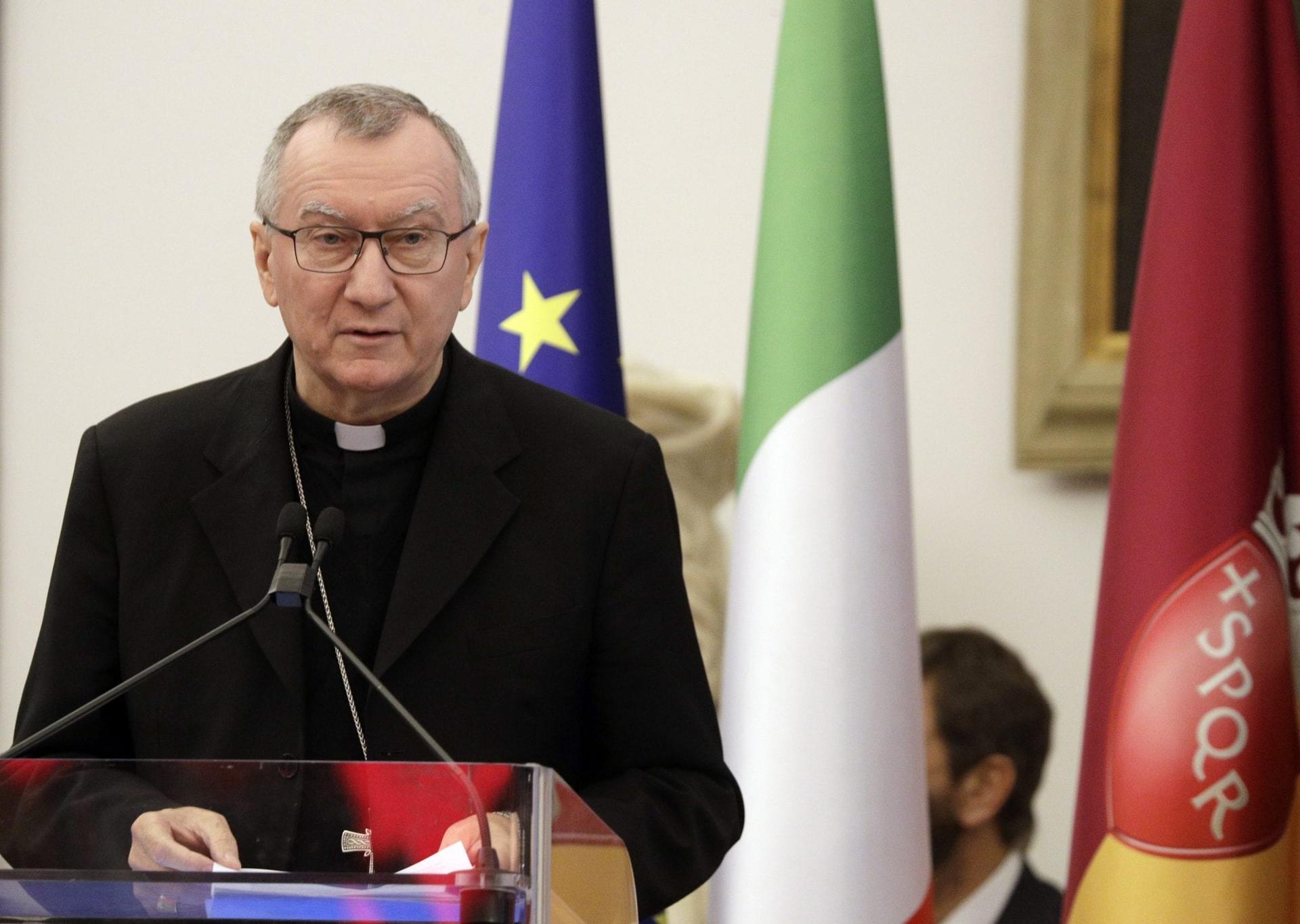ROME – Speaking at a conference in Rome on water and climate, the Vatican’s top diplomat said that while the scarcity of water may create conflict and even war, it could also generate opportunities for partnerships and collaborations to benefit especially the poor.
“Pope Francis confides in the fact that the menace presented by climate change to our brothers and sisters in the most vulnerable countries may find timely and efficient answers,” Cardinal Pietro Parolin, the Vatican’s Secretary of State, told participants of the International Summit Water and Climate: Meeting of the Great Rivers of the World on behalf of the pope.
The meeting is hosted by the Italian Ministry for Environment, Land and Sea, together with the United Nations Economic Commission for Europe (UNECE).
In his message, the pope expressed the hope that the summit, taking place in Rome Oct. 23-25, may find a way to preserve “the precious gift of water” for posterity and sensitize the international community to promote a “culture of care.”
Continuing where the pope’s message left off, Parolin emphasized the importance that water has for human beings in all aspects of life and hence the need to preserve and protect it.
“We are all well aware that the constant increase in water requirements, exacerbated by climate change, represents one of the most serious challenges for the international community today and tomorrow,” he said.
Parolin highlighted the various aspects of water in relation to humanity:
- The human right to access to water because it is a necessary prerogative for the exercise of other inalienable human rights. “The management of water, humanity’s common good, must allow access to all, especially those who live in a condition of poverty,” Parolin said.
- The spiritual and symbolic value of water, essential to many religious beliefs.
- Water as a cornerstone for progress, because water scarcity can be a “liming factor” for human development.
- The destructive power of water on the planet through natural disasters.
- Water’s potential to cause conflict or solidarity, especially in such cases where more than one country shares the same water source.
Parolin centered his speech especially on these last two points. The high-ranking prelate highlighted how man’s careless handling of the environment – for example deforestation and pollution – can have serious consequences on human development. He also pointed to the fact that 90 percent of natural disasters in the past thirty years are water related.
“A careful management of water resources represents one of the main instruments to strengthen the resilience and adaptability to climate change,” Parolin said.
The Vatican diplomat could not help but emphasize how water is increasingly becoming a motive for war and conflict, especially among nations that rely on the same water sources.
“But, by adopting a farsighted change of perspective, water can be seen as an element of collaboration and dialogue, an occasion for peace and solidarity, through enlightened and responsible political and technological deals of joint management based on the precious value of ‘sharing’,” Parolin said.
More and more countries are becoming aware of this issue and concepts such as ‘hydro-solidarity’ and ‘hydro-diplomacy’ are gaining more and more ground. In the second half of the 20th century more than 200 deals regarding water have been made, and the prelate underlined how most countries who signed such treaties have been successful at avoiding ‘water wars.’
“It’s necessary [to find] new legislative, institutional, political, economic, technical and ethical, and therefore also educational and cultural, approaches to water based on the understanding that the water issue requires a long period approach, in light of that integral ecology so well explained by Pope Francis in Laudato Si,” Parolin said, referring to the pope’s encyclical on the environment and the ‘Care of Creation.’
The cardinal said that the water issue will have to become a part of all discussions on a global level regarding development in order to reduce risks caused by climate change and natural disasters. But this conversation must not only be brought forth at a political level, he continued, the private sector and the media will also play an important role in promoting a change in attitude and usage in regards to water.
“We will have to give priority to the satisfaction of the water security needs of the poor through pro-poor water policies,” Parolin concluded, “such as a revitalization at the local level by promoting decentralization, meaning subsidiarity, valuing the knowledge and experiences of local populations and communities.”















